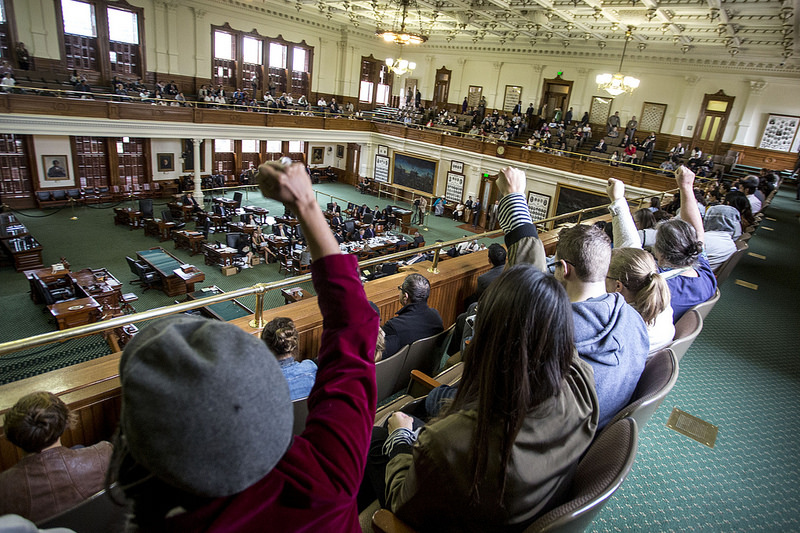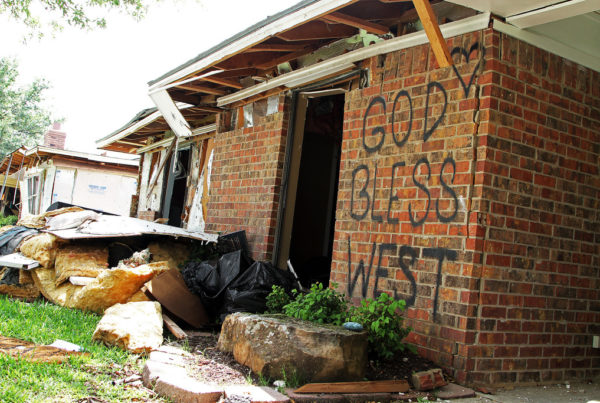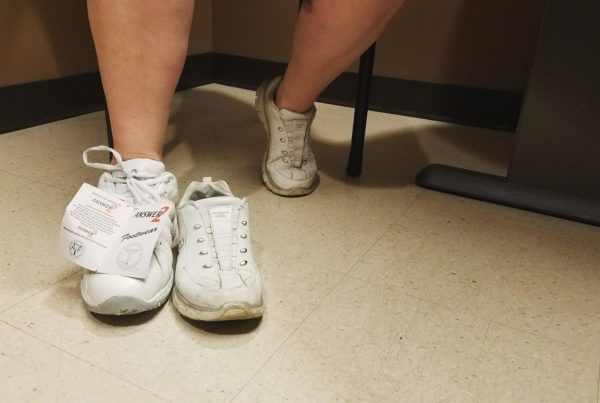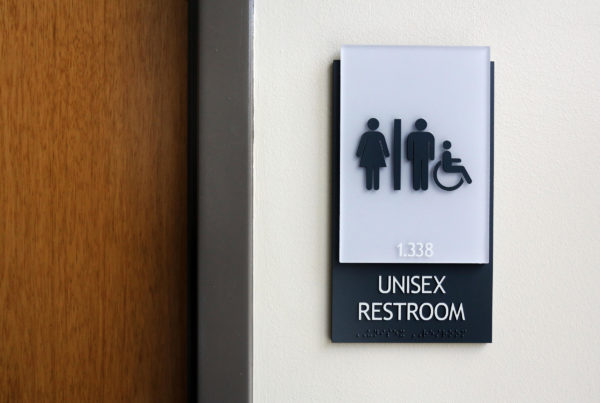In a 10-hour hearing ending shortly after midnight, the Texas House State Affairs committee listened to the public address their concerns and support for the “sanctuary cities” bill on Wednesday.
Gov. Greg Abbott declared addressing sanctuary cities a legislative priority in his January State of the State address, allowing the Senate and House to move forward on the bill earlier than other bills.
Senate Bill 4 seeks to punish local government officials and college campuses that refuse to enforce immigration laws. It also would allow local police to enforce immigration laws as long as the officer is working with federal officers or under an agreement between federal and local government.
James Barragán, reporter for the Dallas Morning News, was at Wednesday’s hearing. He says since 8 a.m., people were lined up to offer testimony – and most of the 638 people signed up were against the bill.
Barragán says he saw children, church pastors and law enforcement amongst those who opposed the bill.
“There was a lot of really poignant and moving testimony from kids, people who had been immigrants themselves – some of whom were close to tears sometimes in speaking,” he says. “There was some sadness. There was some anger. A really emotional hearing.”
Barragán says he did get a sense that lawmakers were listening. A vote on the bill wasn’t scheduled.
“So it wasn’t, I don’t think, as heated as it could’ve been just knowing that there wasn’t going to be a vote on it,” he says.
Sen. Charlie Geren (R-Fort Worth) proposed changes to the bill that would remove some of the more punitive measures for local entities that refused to cooperate with immigration officials.
One substantial change stated police officers couldn’t ask about a person’s immigration status unless they had been arrested – different from the Senate bill which allowed local police to ask about immigration status if a person was detained or arrested. That would have included people who were pulled over for a minor traffic violation.
The changes would also add police chiefs to the list of local officials who could be charged with a class A misdemeanor if they did not comply with immigration officials.
Geren said at the hearing that more changes were forthcoming.
“I think the House is trying to temper the bill somewhat,” Barragán says. “But from the changes that were proposed yesterday opponents weren’t really appeased or satisfied.”
Written by Beth Cortez-Neavel.

















